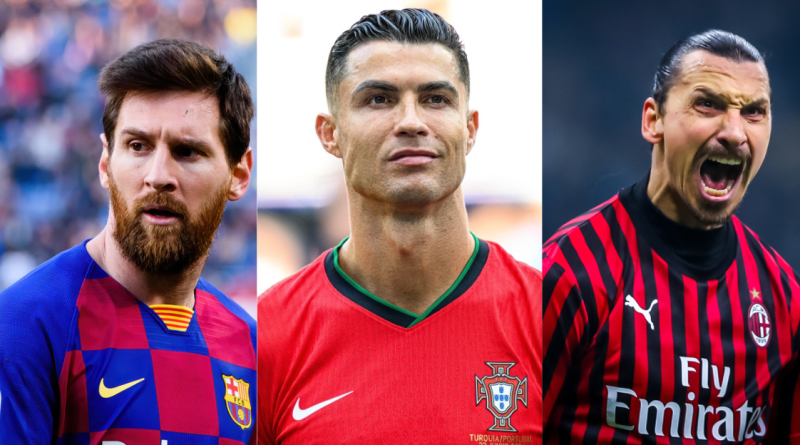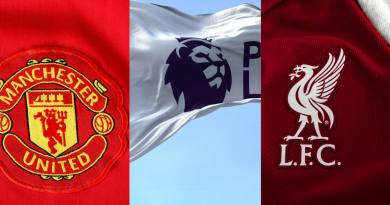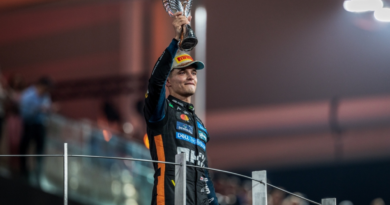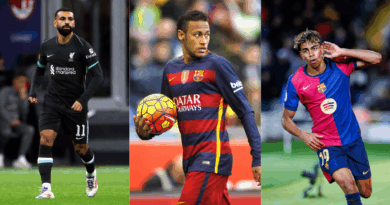The 20 Greatest Footballers Since 2000 — A Data-Driven Gallery
Since the year 2000, football has been blessed with extraordinary players who changed the game in unique ways. Some were relentless goalscorers, others tactical masterminds in midfield, while a few redefined entire positions. Directly ranking these players is close to impossible, each had different strengths, roles, and contexts that shaped their careers.
Still, using a transparent sports-agnostic evaluation framework, we attempt to build a balanced top 20 in no specific order. Players are assessed across five pillars:
- Peak performance: Their highest sustained level relative to peers.
- Longevity: How long they maintained elite standards.
- Contextual impact: Influence adjusted for league strength, teammates, and tactics.
- Clutch & championships: Contributions in decisive games and titles won.
- Recognition & awards: Ballon d’Ors, MVPs, and global acknowledgement.
This framework provides structure, but football is also about emotion and perspective. Ultimately, who you consider “the best” comes down to individual judgment and personal preference. This gallery is definetly not a final verdict, but rather a carefully reasoned attempt to capture the greatest players since the turn of the millennium.
David Villa
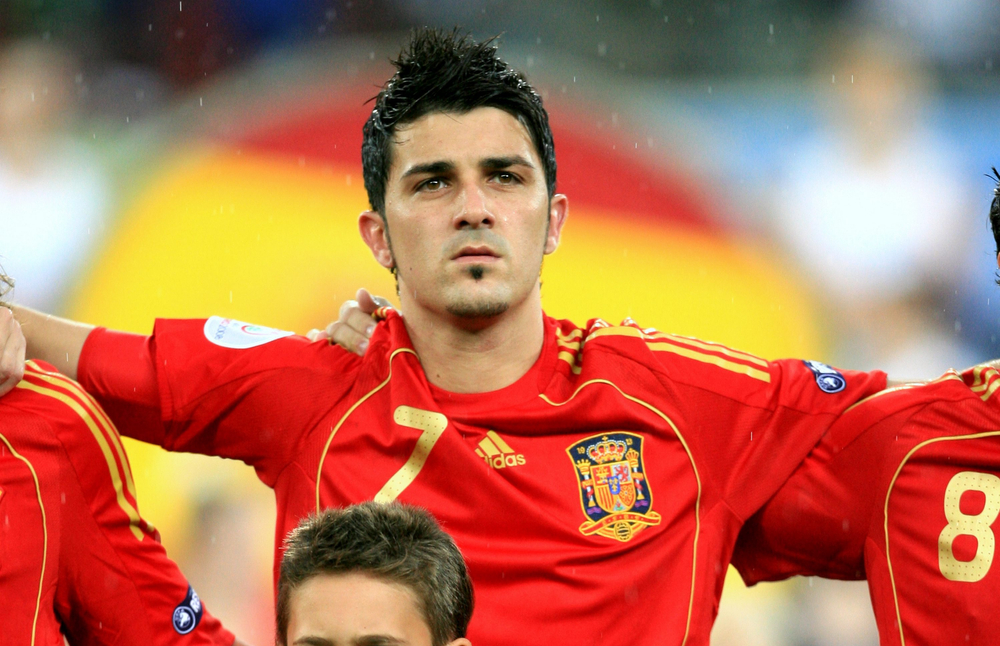
Villa was Spain’s ultimate finisher during their golden generation. His peak performance arrived at Euro 2008 and the 2010 World Cup, where he scored vital knockout goals that set Spain on course for glory. His sharp movement, two-footed finishing, and cold-blooded composure made him the perfect striker for both counter-attacks and possession football.
Read also: 6 Manchester United Players Who Should Never Play for the Club Again
In terms of longevity, Villa delivered at an elite level for more than a decade, from Valencia’s underdog runs in La Liga to Barcelona’s treble-winning side, Atlético’s rugged structure, and even in MLS. His contextual impact was enormous as he never relied purely on teammates, but instead adapted his style to different systems and still maintained consistency.
Under clutch & championships, Villa scored in major finals, including Euro 2008, and finished joint top-scorer at the World Cup in 2010. For recognition, he retired as Spain’s all-time leading scorer, ahead of legends like Raúl, cementing his legacy. Villa may not have been the flashiest name of his era, but his decisiveness, adaptability, and ability to deliver on the biggest stages make him one of the most underrated greats of modern football.
Sergio Ramos
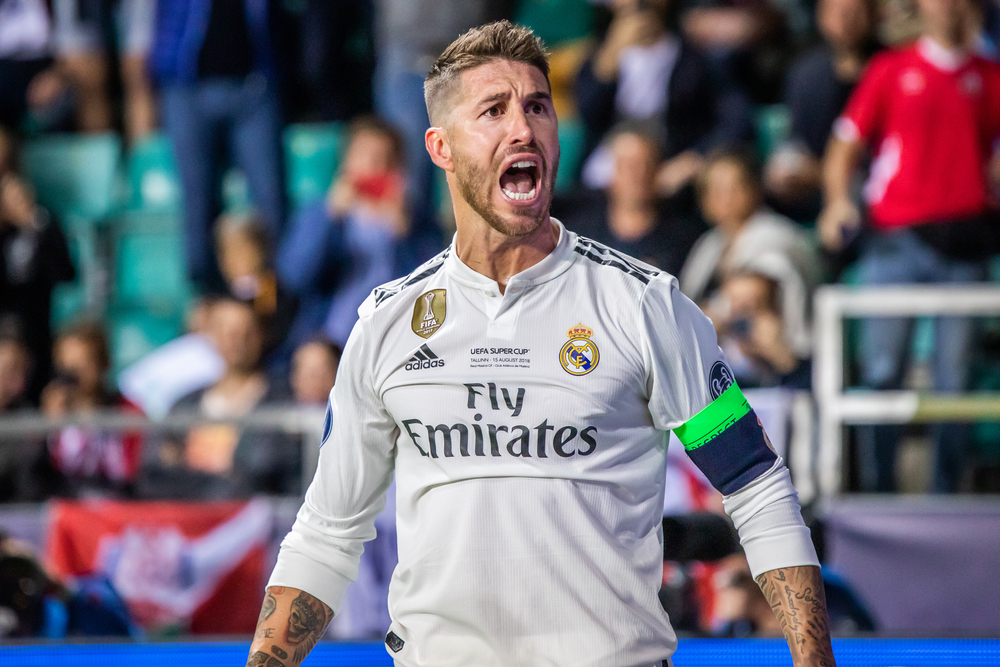
Ramos is the epitome of a warrior defender who combined leadership with an uncanny goal threat. His peak performance was during Real Madrid’s Champions League dynasty between 2014–2018, where he anchored the defence and simultaneously became one of the club’s most reliable scorers in big games. His longevity is extraordinary, over 15 years at the very top, first as a right-back, later as a world-class centre-back.
This adaptability underscores his contextual impact, few players reinvented themselves so successfully. He was aggressive, sometimes controversial, but always decisive. Under clutch & championships, Ramos is unmatched among defenders as his stoppage-time equaliser in the 2014 Champions League final against Atlético became iconic, and he repeatedly rose to the occasion in high-pressure scenarios. For recognition, Ramos earned constant spots in FIFPro XI, UEFA Teams of the Year, and was a central figure in Spain’s Euro 2008, World Cup 2010, and Euro 2012 triumphs.
Read also: Big Money in the Süper Lig: A Look at Turkey's Top Earners in 2025/26
Beyond numbers, Ramos’ mentality, charisma, and knack for turning the tide in decisive moments elevate him into football immortality.
Manuel Neuer
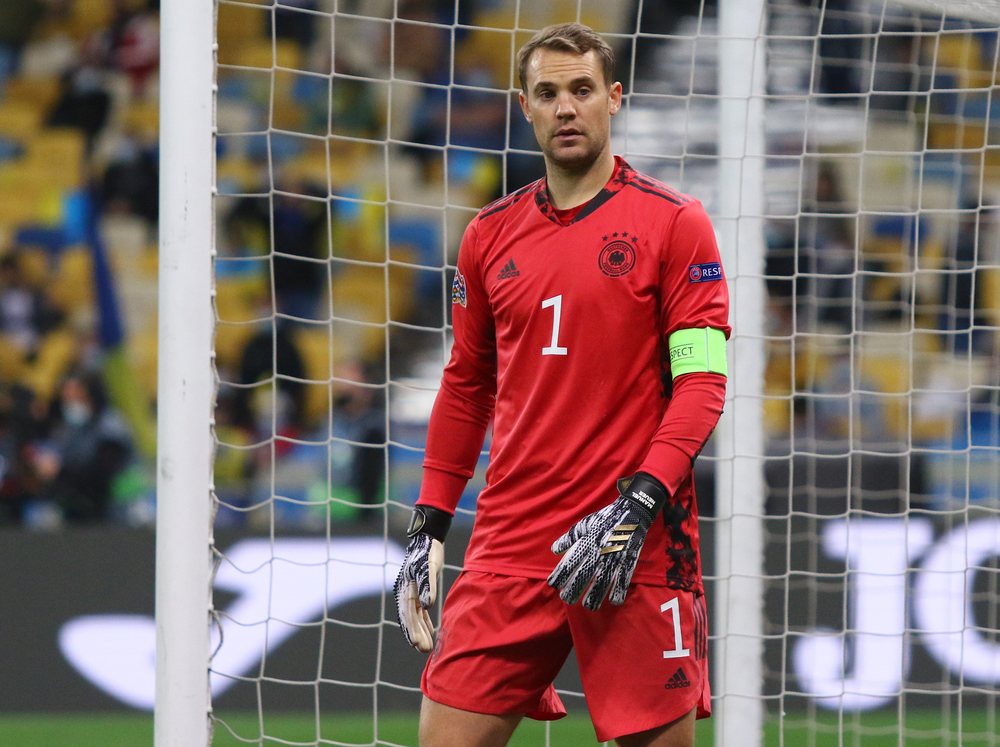
Neuer is not just one of the greatest goalkeepers of all time, he is also one of football’s true innovators. His peak performance came at the 2014 World Cup, where he dominated as Germany’s last line and as a sweeper far outside the box, rewriting what the position meant. For longevity, Neuer has been Bayern Munich’s No. 1 for more than a decade, overcoming injuries to remain elite well into his 30s. His contextual impact is perhaps his biggest contribution: by acting as a sweeper-keeper, Neuer forced coaches worldwide to adapt tactical systems, accelerating the evolution of pressing and high defensive lines.
In clutch & championships, Neuer’s presence in Champions League finals, Bundesliga title races, and penalty shootouts provided his teams with psychological and tactical advantages. For recognition, Neuer has won multiple IFFHS Goalkeeper of the Year awards, was voted into countless world XIs, and even finished top 3 in the Ballon d’Or, something almost unheard of for a goalkeeper. Beyond shot-stopping, he was a footballing revolutionary who left an indelible mark on the sport.
Zlatan Ibrahimović
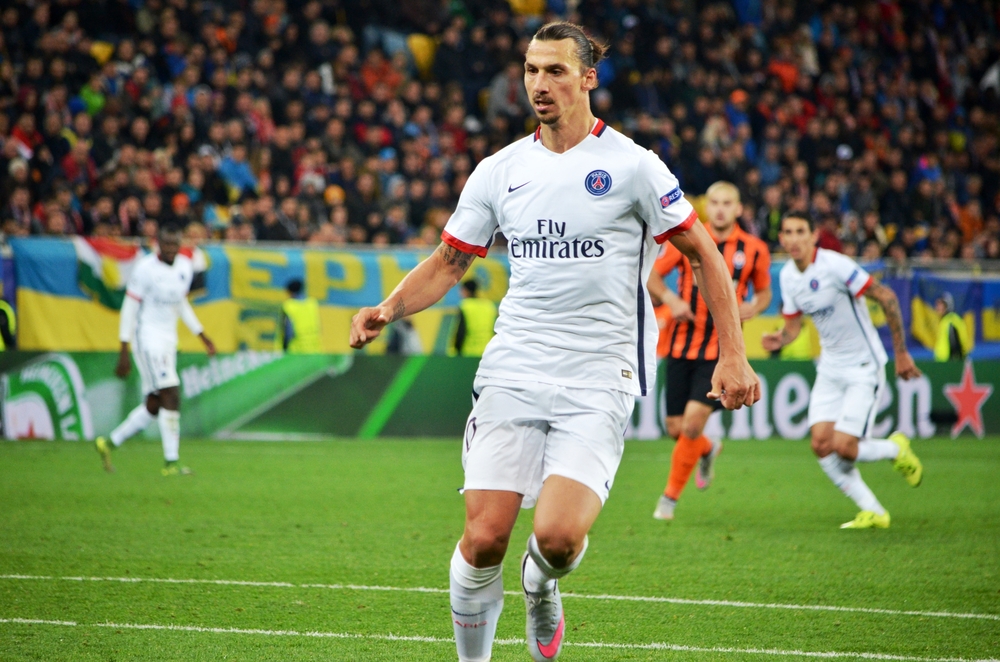
Zlatan is football’s great showman, but beneath the bravado lay extraordinary talent and consistency. His peak performance came across several leagues such as Inter and Milan in Serie A, he dominated with technical skill and strength. At PSG, he shattered scoring records, and at Manchester United, he delivered even in his mid-30s.
Read also: 10 Big Scandals in Football History
His longevity is unmatched among strikers, he was prolific into his late 30s, scoring over 500 career goals across top leagues. His contextual impact is significant aswell as Zlatan won league titles in Italy, Spain, France, and the Netherlands, thriving under different systems and managers.
While his clutch & championships record lacks a Champions League trophy, he still delivered decisive goals in countless domestic title races. In terms of recognition, Zlatan earned 11 consecutive Guldbollen awards as Sweden’s best player, cementing his national icon status, and he remains one of football’s most recognisable figures. Zlatan combined flair, arrogance, and devastating efficiency to carve out a career few can rival.
Kaká
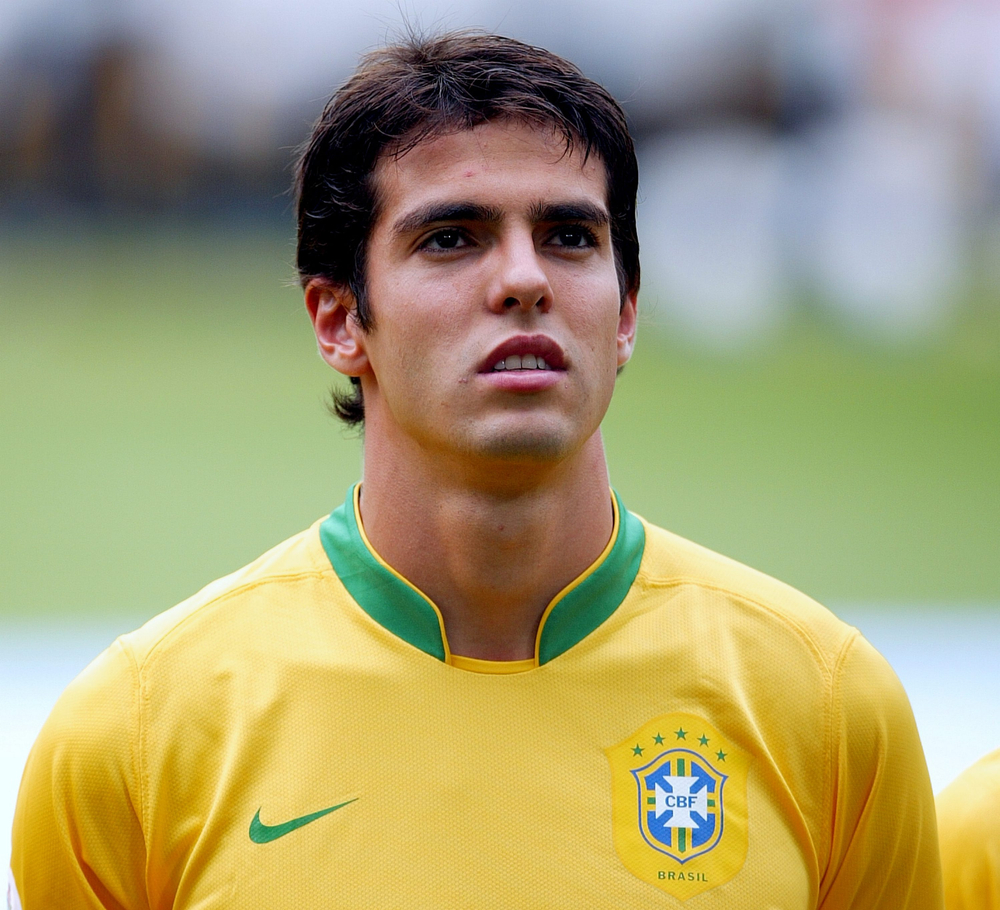
Kaká’s career is the perfect example of peak brilliance that burned bright, even if not for long. His peak performance came in 2007, when he led AC Milan to Champions League glory, dismantling Manchester United in the semi-final, and winning the Ballon d’Or.
His longevity was shortened by injuries and the physical demands of elite football, but for several years he was unstoppable, gliding past opponents with elegance and power. His contextual impact was unique: as a hybrid midfielder-forward, he thrived in an era before pressing and compact midfields limited space, exploiting gaps with long, surging runs.
Read also: Sergio Busquets’ Most Frequent Teammates XI – From Goalkeeper to Attack
Under clutch & championships, Kaká delivered defining performances in the Champions League, as well as success in Serie A. For recognition, his Ballon d’Or win, FIFA World Player of the Year, and role as Milan’s icon sealed his reputation.
Though his prime was short-lived, his influence on attacking midfielders that followed, combining athleticism with creativity, ensures his place among the greatest.
Luka Modrić
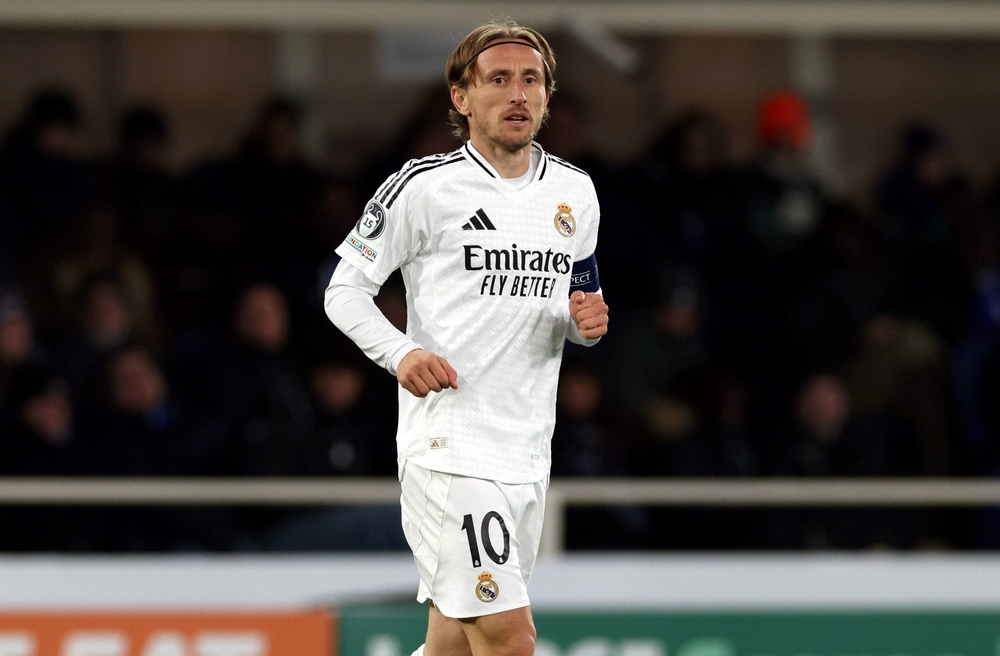
Modrić is proof that intelligence, technique, and resilience can outlast almost anything. His peak performance was in 2018, where he won the Ballon d’Or after leading Croatia to the World Cup final and dominating the Champions League.
His longevity is extraordinary, still a midfield general in his late 30s, Modrić has been central to Real Madrid’s success for over a decade. His contextual impact is enormous, he is both creator and stabiliser, linking defence to attack with unmatched vision and work rate.
Read also: List of the 10 Players Who Won the World Cup, Champions League and Ballon d’Or
Under clutch & championships, Modrić has been decisive in five Champions League wins, orchestrating high-pressure knockout games with calm authority. For recognition, his Ballon d’Or, countless UEFA awards, and near-universal respect underline his greatness. Modrić may not dazzle with highlight reels, but his consistency, intelligence, and influence in football’s most demanding position put him among the century’s very best.
Didier Drogba
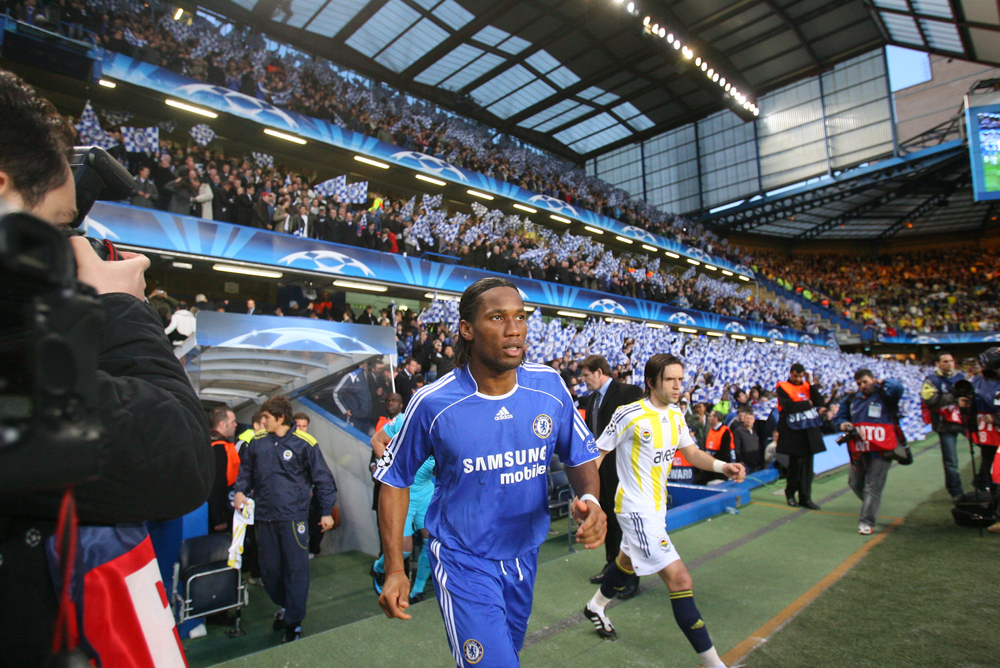
Drogba was a striker who thrived on pressure, and his record proves it. His peak performance came between 2009 and 2012, where he combined power, technique, and mentality to dominate defences. In terms of longevity, he remained effective into his 30s, even returning to Chelsea to deliver late-career impact. His contextual impact was profound as Drogba redefined what a Premier League striker could be, proving that physical dominance could coexist with technical quality and leadership.
Under clutch & championships, Drogba’s record is legendary, nine goals in nine finals for Chelsea, including the equaliser and winning penalty in the 2012 Champions League final.
For recognition, he won multiple African Footballer of the Year awards, became a Premier League legend, and remains a symbol of African excellence in football. Drogba was more than just a striker, he was a leader, a warrior, and a player who lived for the biggest moments.
Ronaldinho
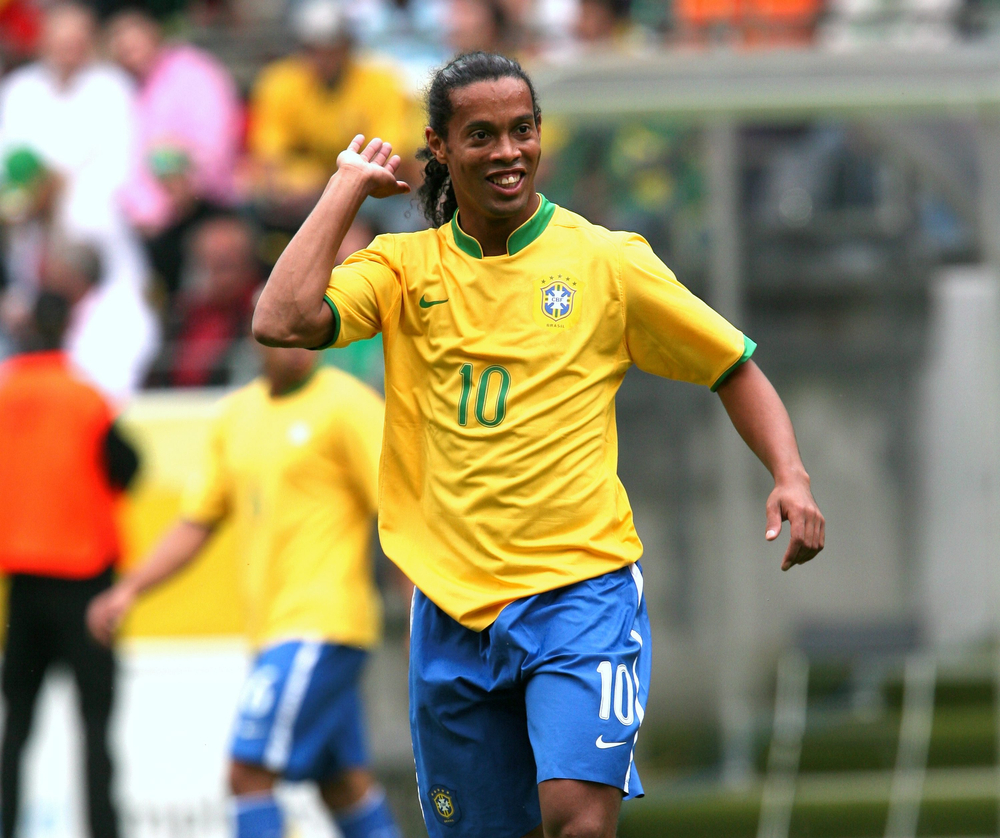
Ronaldinho made football joyful again. His peak performance from 2004 to 2006 was electrifying, two FIFA World Player of the Year awards, a Ballon d’Or, and Barcelona’s resurgence capped by the 2006 Champions League. His longevity at the top was shorter than others on this list, but his highs were unmatched in artistry and flair.
His contextual impact was immense, he inspired a generation of players and reminded fans that football is entertainment as much as competition.
Under clutch & championships, Ronaldinho was decisive in Barcelona’s 2006 Champions League win and Brazil’s 2002 World Cup campaign. For recognition, his global popularity was unmatched, few players transcended football like he did, influencing culture, style, and fan imagination. Ronaldinho’s greatness lies not just in titles or numbers, but in the joy and artistry he brought to the pitch, leaving a legacy that goes far beyond trophies.
Gianluigi Buffon
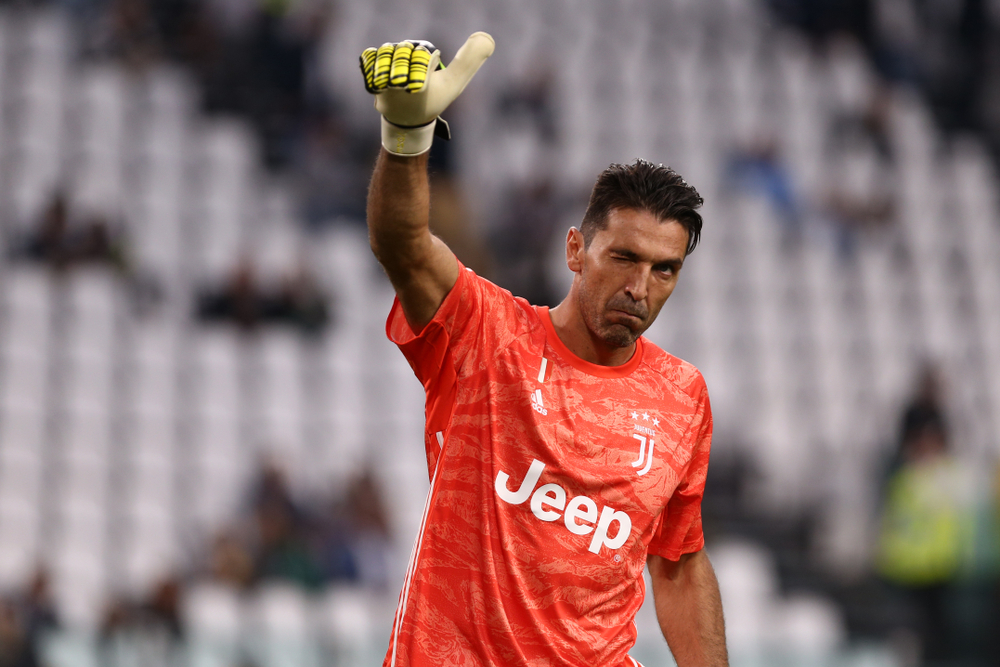
Gianluigi Buffon set the standard for goalkeepers for nearly two decades. His peak performance was on display at the 2006 World Cup, where he produced incredible saves to carry Italy to glory.
His longevity is unmatched to this day, staying at an elite level into his 40s. In terms of contextual impact, Buffon was Juventus’ rock through multiple eras, providing calm and leadership regardless of turmoil around him.
For clutch & championships, Buffon delivered countless decisive saves, though a Champions League title frustratingly eluded him. His recognition includes IFFHS Goalkeeper of the Decade (2000s), multiple Serie A Goalkeeper of the Year awards, and enduring global respect. Buffon symbolised excellence, reliability, and class, and his career longevity remains one of the most remarkable in football history.
Xavi Hernández
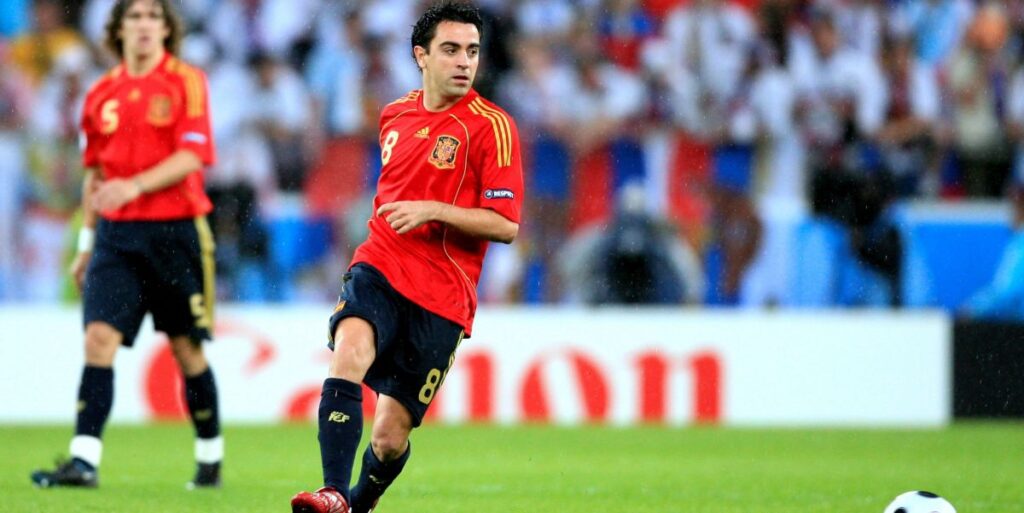
Xavi was the brain of the greatest club side and international team of modern football. His peak performance came between 2009 and 2011, where his control of tempo made Barcelona and Spain unstoppable.
His longevity stretched across 15 years at the highest level. For contextual impact, Xavi defined the tiki-taka style, setting a new standard for central midfielders. His clutch & championships record includes multiple Champions League titles, La Liga triumphs, and pivotal roles in Spain’s Euro 2008, World Cup 2010, and Euro 2012 wins.
His recognition was immense, with multiple UEFA awards, FIFA nominations, and consistent peer acknowledgement as one of the greatest midfielders ever. Xavi didn’t rely on power or goals, but on intelligence, vision, and control, proving that mastery of space and rhythm can conquer the game.
Andrés Iniesta
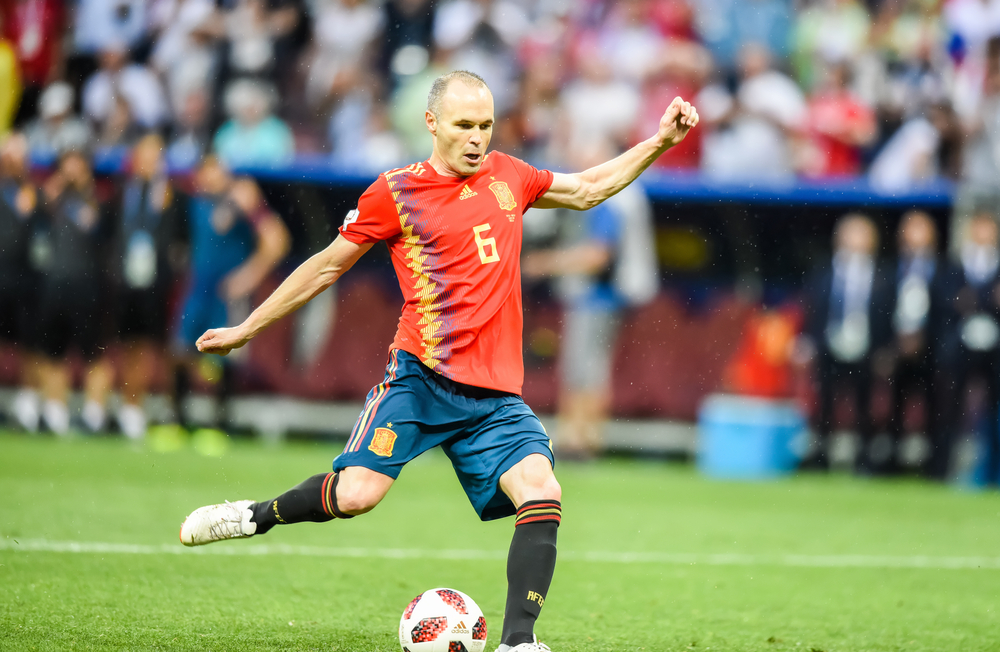
Iniesta was football’s silent genius, the man who turned control into decisive action. His peak performance stretched from 2009 to 2015, when he consistently influenced the biggest matches.
His longevity was remarkable, playing at the top level for over a decade. For contextual impact, Iniesta was the perfect complement to Xavi, blending dribbling and creativity with tactical intelligence. In clutch & championships, Iniesta’s resume is unmatched, the winning goal in the 2010 World Cup final, Champions League knockout masterclasses, and a decisive role in Spain’s golden era.
His recognition included UEFA Best Player in Europe, multiple Team of the Year selections, and admiration worldwide. Iniesta may not have had the numbers of others, but his ability to appear in the biggest moments with calm brilliance makes him one of the most influential footballers of the century.
Thierry Henry
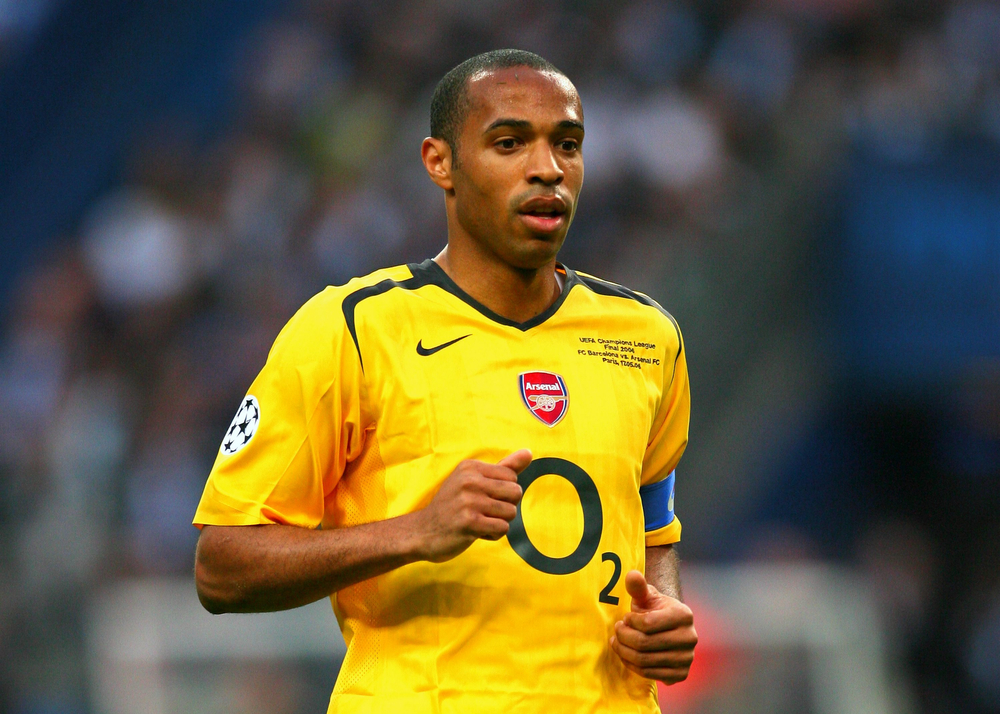
Henry was the defining Premier League forward of the 2000s. His peak performance came in Arsenal’s Invincible season, where he was simply unstoppable. His longevity stretched across Arsenal, Barcelona, and even MLS, maintaining elite standards throughout.
For contextual impact, Henry changed how forwards operated, blending wide play with central finishing, paving the way for the modern wide forward.
His clutch & championships record includes Premier League titles, FA Cups, and a Champions League with Barcelona, though his biggest impact was week after week in England.
His recognition includes Ballon d’Or runner-up finishes, Premier League Player of the Season awards, and induction into the Hall of Fame. Henry’s blend of elegance, pace, and finishing made him not just a scorer, but an artist who defined an era of attacking football.
Robert Lewandowski
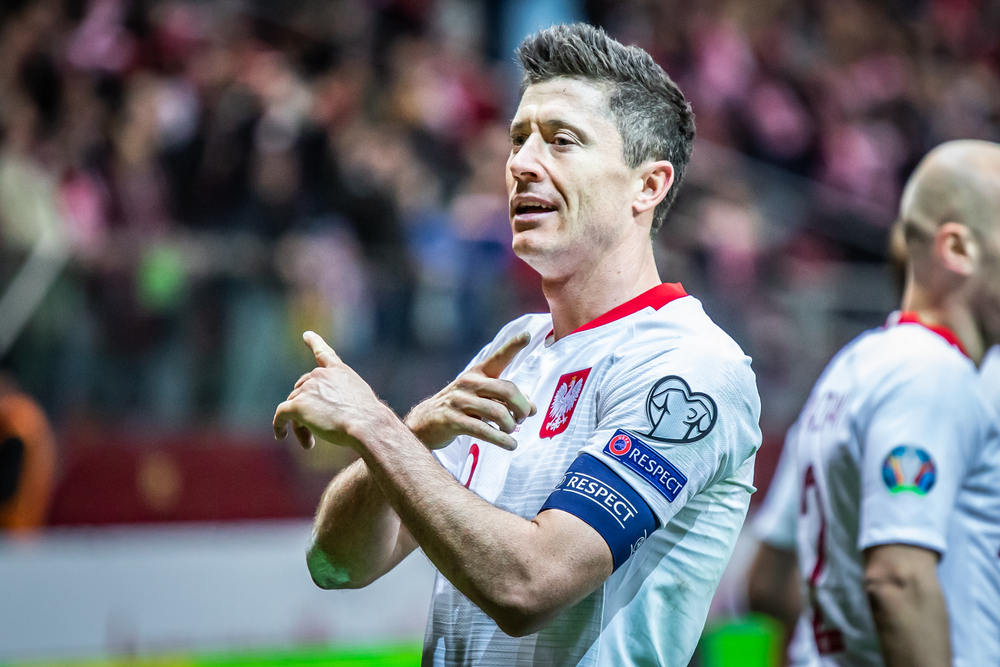
Lewandowski has been the most consistent striker of the 2010s and early 2020s. His peak performance came in 2020, when he scored 55 goals in a treble-winning season for Bayern Munich.
His longevity is remarkable, producing elite numbers for Dortmund, Bayern, and Barcelona across more than a decade. For contextual impact, Lewandowski proved that he could thrive in any system, from Klopp’s pressing Dortmund to Guardiola’s positional Bayern.
In clutch & championships, he delivered countless goals in Champions League knockouts and decisive Bundesliga fixtures, though some criticised occasional quiet finals.
His recognition includes two FIFA Best Men’s Player awards, multiple Golden Boots, and respect as one of the greatest strikers in history. Lewandowski combined professionalism, consistency, and killer instinct like few others.
Gareth Bale
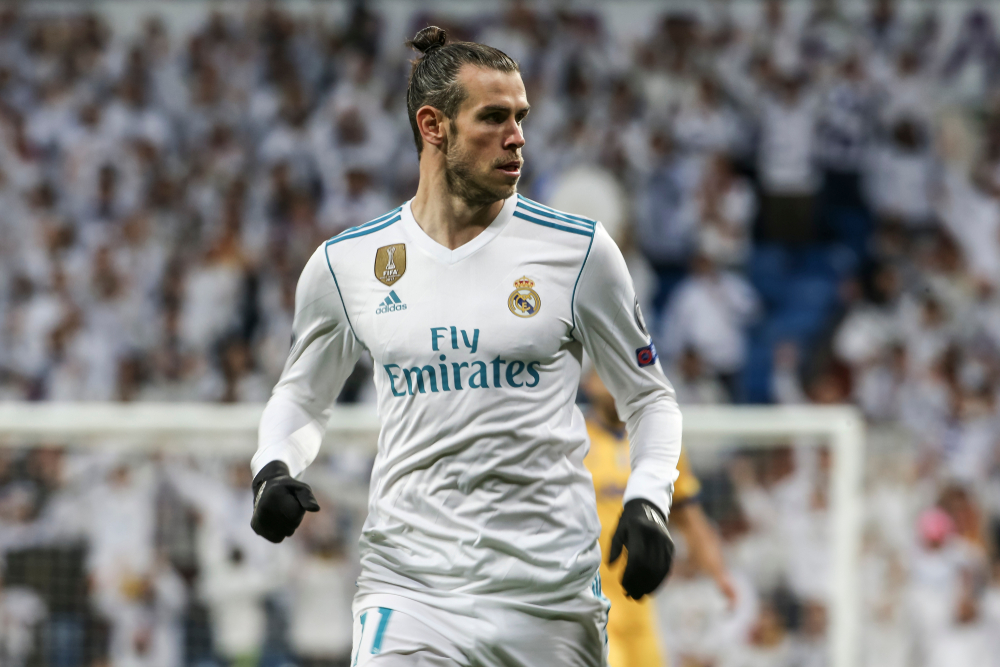
Bale was a phenomenon whose peak performance came between 2013 and 2018, when he dominated for Real Madrid and carried Wales to international heights. His longevity was limited by injuries, but at his best he was unstoppable.
For contextual impact, Bale was one of the first wide forwards to combine raw pace with world-class finishing, redefining the role. In terms of clutch & championships, Bale’s record is outstanding, his bicycle kick in the 2018 Champions League final, solo goal in the 2014 Copa del Rey, and decisive goals throughout Madrid’s European run.
His recognition includes Welsh Player of the Year awards, Champions League titles, and admiration for leading Wales to Euro semi-finals. Bale may not have had the longest prime, but his peaks were among the most spectacular of any player on this list.
Wayne Rooney
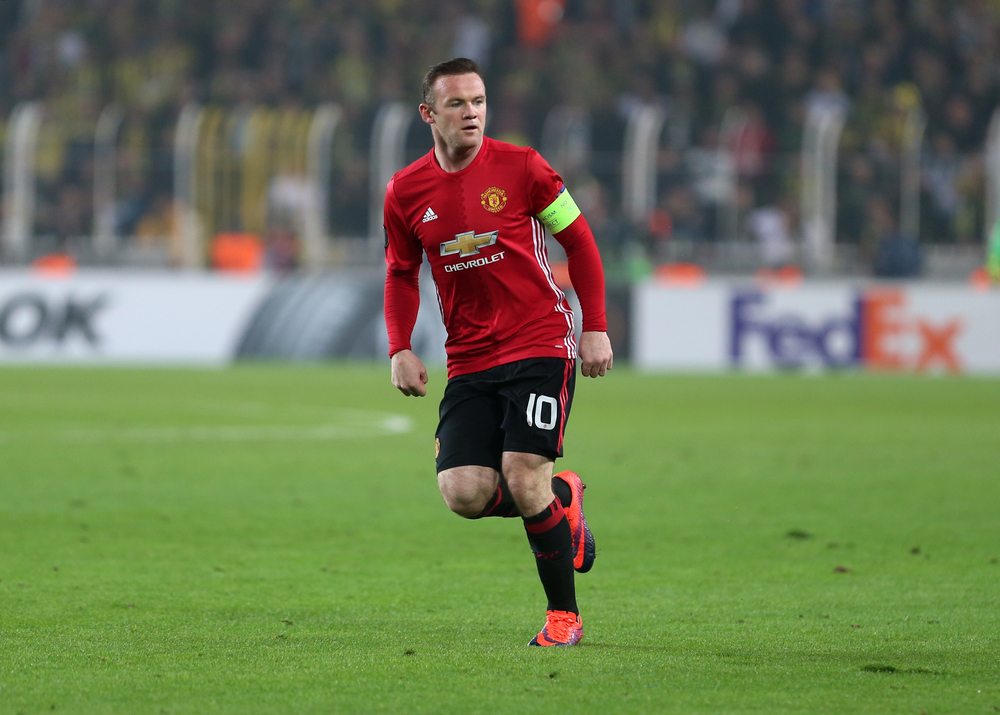
Rooney was England’s talisman and Manchester United’s heartbeat for over a decade. His peak performance came between 2009 and 2011, when he was among the world’s best forwards.
His longevity was superb, adapting his role from striker to midfielder to extend his career. For contextual impact, Rooney’s versatility was unmatched, he could score, create, press, and even drop into midfield.
In terms of clutch & championships, Rooney delivered in countless big games, including the 2008 Champions League, multiple Premier League titles, and decisive international moments.
His recognition includes being Manchester United and England’s all-time top scorer, PFA awards, and global respect. Rooney may not have had Messi’s elegance or Ronaldo’s numbers, but he combined work rate, passion, and skill to become a defining player of the era.
Neymar Jr.
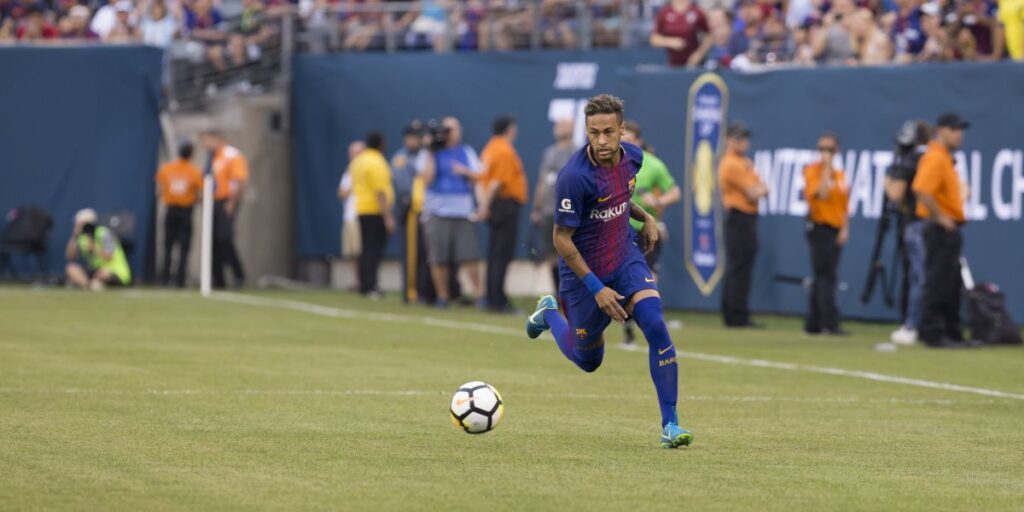
Neymar is the bridge between artistry and modern efficiency. His peak performance came in the 2014–2015 season, when he led Barcelona to a treble alongside Messi and Suárez.
His longevity is impressive, maintaining elite numbers in Brazil, Spain, and France, though injuries limited consistency. For contextual impact, Neymar redefined the left-sided attacker role, combining flair with efficiency, dribbling with end product.
In terms of clutch & championships, Neymar delivered in the 2015 Champions League, the 2016 Olympics, and numerous domestic finals. His recognition includes South American Footballer of the Year, FIFA Puskás Award, and status as Brazil’s all-time top scorer. Neymar divides opinion, but his blend of skill, goals, and creativity makes him one of the most talented players since 2000.
Zinedine Zidane
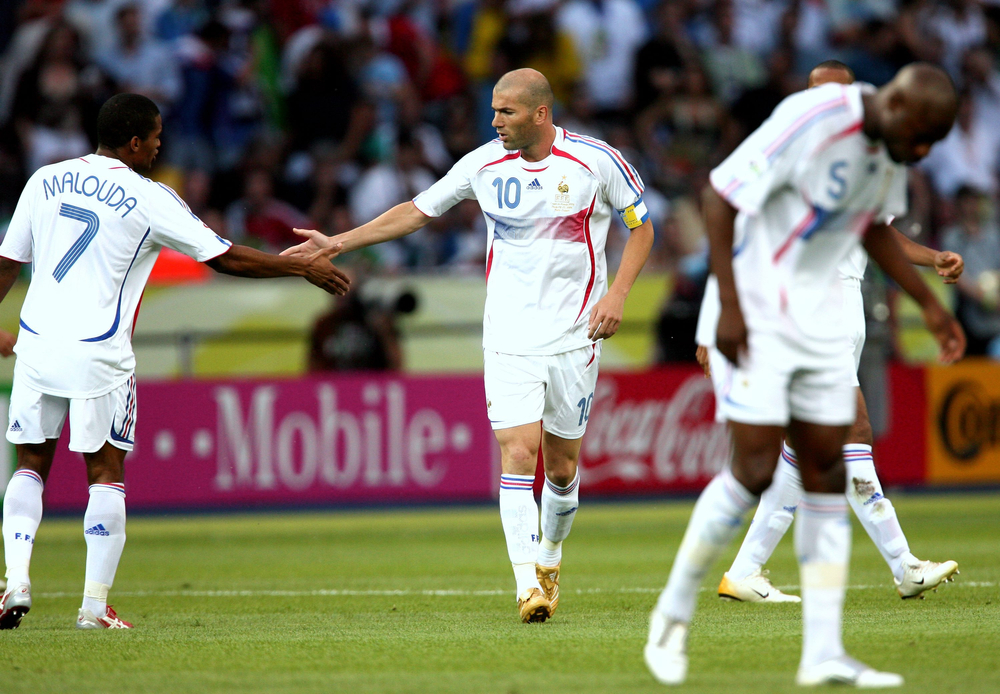
Zidane straddled two eras, but his influence in the 2000s cements his spot.
His peak performance was showcased at Euro 2000, the 2002 Champions League final (his iconic volley), and the 2006 World Cup. His longevity was slightly shorter than others here, retiring in 2006, but his sustained brilliance through the early 2000s was undeniable.
For contextual impact, Zidane defined the elegant playmaker role, combining artistry with physical presence. In clutch & championships, he was unmatched with two goals in the 1998 World Cup final, the 2002 Champions League volley, and dominant performances at World Cup 2006 until his dramatic finale.
His recognition includes a Ballon d’Or, multiple FIFA World Player awards, and status as one of the most iconic footballers ever. Zidane wasn’t just a player, he was a symbol of grace under pressure.
Kylian Mbappé
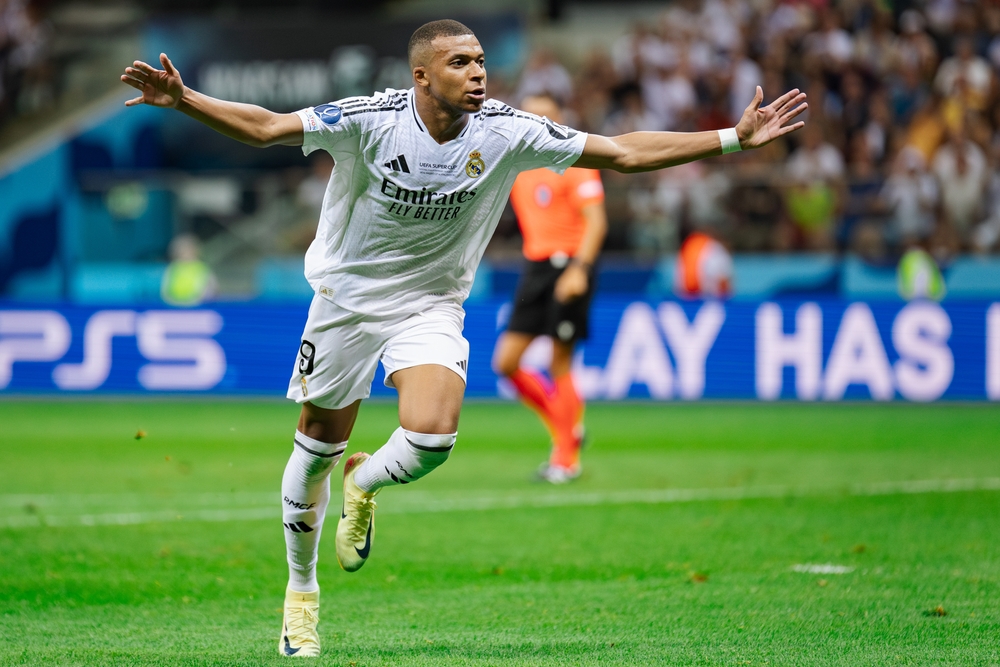
Mbappé is still writing his story, but his place on this list is pretty much secured. His peak performance so far came in the 2018 World Cup, where he scored in the final, and the 2022 final, where his hat-trick nearly carried France to glory.
His longevity is building, but he has been world-class since age 18, with years still ahead. For contextual impact, Mbappé combines blistering pace with clinical finishing, redefining what a modern forward can do.
His clutch & championships record already includes a World Cup, multiple Ligue 1 titles, and countless decisive goals in Champions League knockout matches. His recognition includes World Cup Golden Boot, multiple Ligue 1 Player of the Year awards, and Ballon d’Or podium finishes.
Cristiano Ronaldo
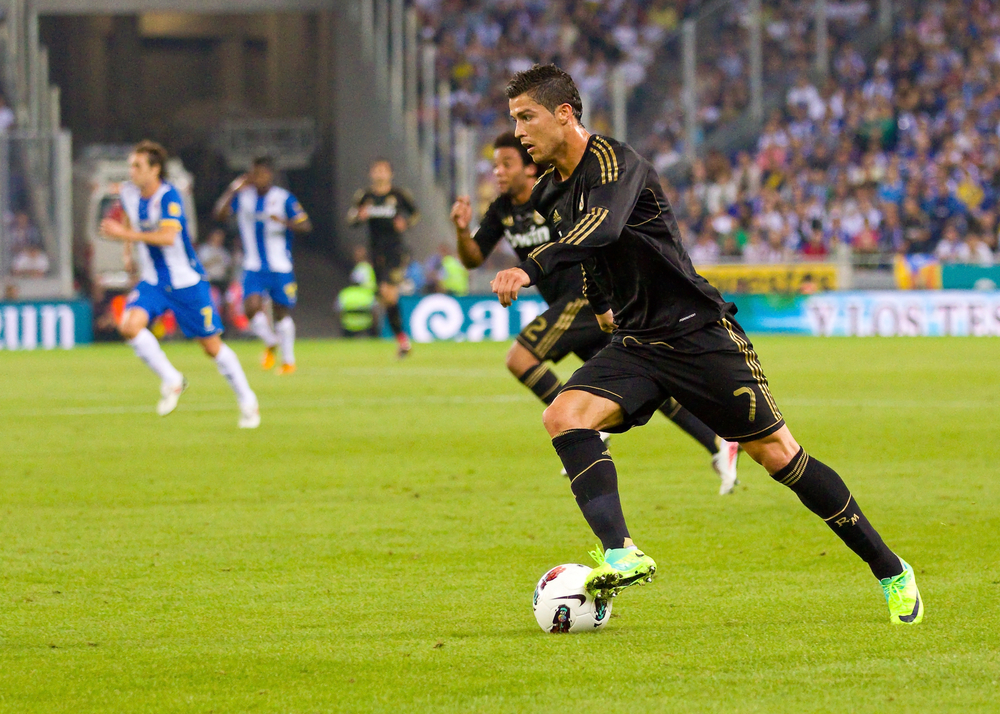
Cristiano Ronaldo embodies relentless excellence. His peak performance came between 2013 and 2016, when he dominated the Champions League and collected multiple Ballon d’Ors. His longevity is unprecedented, with 20 years at the very top, adapting from winger to striker seamlessly.
For contextual impact, Ronaldo showed he could excel in the Premier League, La Liga, Serie A, and internationally, proving his greatness transcends systems. His clutch & championships record is iconic with five Champions Leagues, Euro 2016, countless goals in finals and knockout ties. His recognition includes five Ballon d’Ors, numerous Golden Boots, and global icon status.
Ronaldo combined discipline, athleticism, and willpower to become one of the most complete players ever. His legacy is that of a machine who never stopped chasing perfection.
Lionel Messi
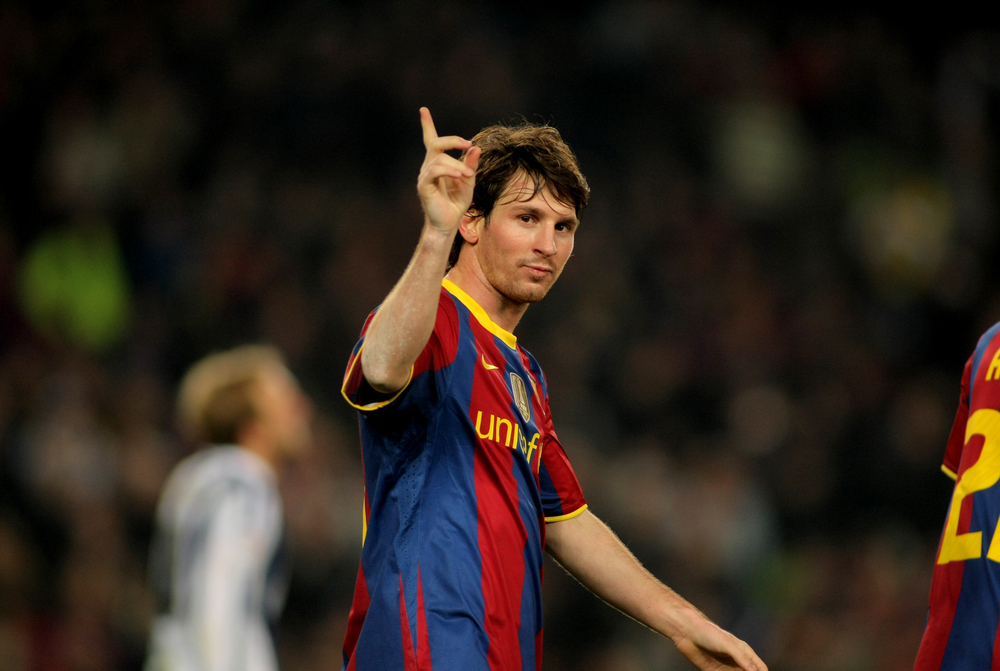
Lionel Messi is widely considered as one of the greatest footballer of all time. His peak performance spanned multiple eras, from 2010–2012 (91 goals in a calendar year) to 2019–2022 (World Cup triumph). His longevity is extraordinary with 15+ years of dominance, reinventing himself from winger to false nine to deep creator.
For contextual impact, Messi carried Barcelona for over a decade, adapted at PSG, and finally crowned his career by leading Argentina to the 2022 World Cup. His clutch & championships record includes four Champions League titles, 10 La Liga titles, Copa América 2021, and the 2022 World Cup, with decisive goals and assists throughout. His recognition is unmatched, seven Ballon d’Ors, countless individual awards, and universal respect as "the GOAT".
Messi combined artistry, efficiency, and genius in a way the sport has never seen before.
Who Would You Add — or Remove?

No list of “the greatest” can ever be definitive. Each player brings unique strengths, styles, and stories that can’t be perfectly compared across eras, leagues, or positions. While this list follows a transparent method, football is also about passion, memory, and personal connection.
So now it’s over to you. Which players do you believe deserve a place on this list? Should legends like Francesco Totti, Andrea Pirlo, Arjen Robben, or Sergio Agüero have been included? Or would you swap out one of our picks for your personal favourite?
Drop your thoughts in the comments. After all, greatness in football isn’t just measured by trophies and numbers, it also lives in the hearts of fans who watched these players change the game.

